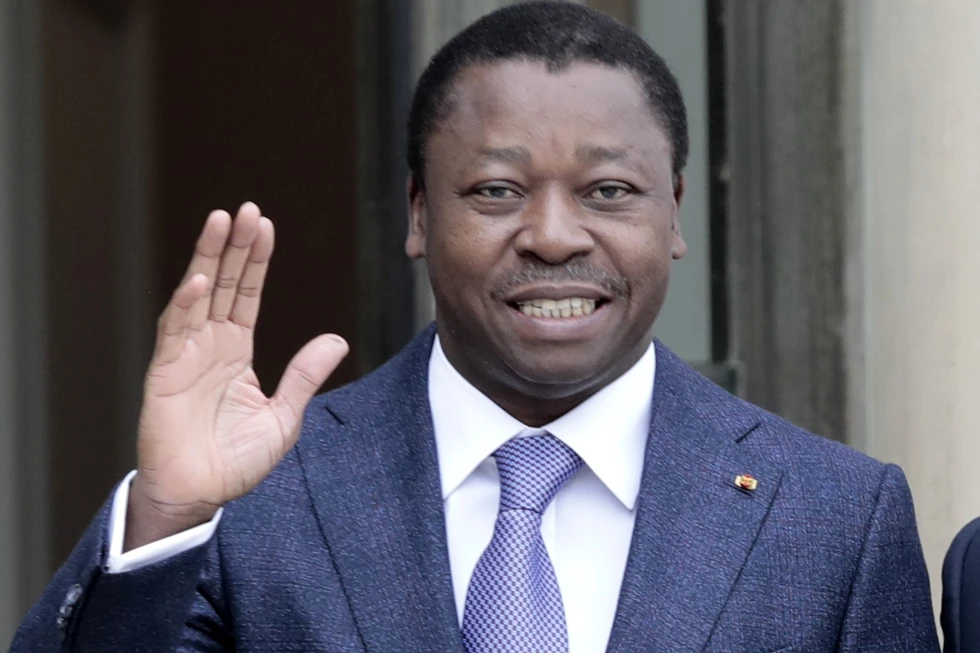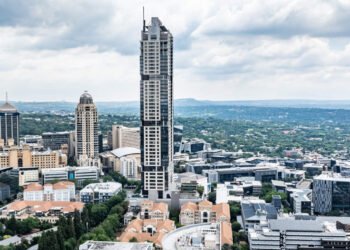More than 4.2 million eligible voters in Togo are casting their ballots in parliamentary elections today, April 29.
Unlike previous elections where voters chose legislators and the president, this election focuses solely on selecting parliamentary representatives through an indirect voting process.
These changes stemmed from a constitutional overhaul that has drawn criticism and triggered protests from segments of the population.
The alterations to the electoral system have raised concerns about entrenching the lengthy rule of President Faure Gnassingbe, whose family has governed Togo for decades.
The amendments, passed on April 20 by a parliament controlled by the ruling Union for the Republic (UNIR) party, restructured how future presidents will be elected. Opposition leaders and civil society groups have condemned these changes as a “constitutional coup.”
The proposed constitutional amendments in Togo passed a key stage of approval, with a decisive vote of 87-0 in favor. Advocates of the changes argue that they represent a step towards democracy, aiming to reduce presidential powers while strengthening the role of the legislature.
However, President Faure Gnassingbe hesitated to endorse the amendments due to widespread public opposition.
Under the new provisions, the president’s position would undergo substantial changes. Instead of being directly elected by the people, the president would now be chosen by members of parliament. The presidency itself would become largely symbolic, limited to a single four-year term.
A new, all-powerful Prime Minister to be appointed by the president for a six-year term will step in instead.
It is this role that many experts suspect President Gnassingbe – constitutionally limited to just one more presidential term – is angling for.
“That parliament alone will be able to appoint the president ensures that a loyalist will be in the only position to provide a rival power base,” said Afololabi Adekaiyaoja, a researcher at the Center for Democracy and Development (CDD).
“This change ensures [Gnassingbe’s] grip on Togo as long as he can control his party and ensure victory. The fact that this has been rubber-stamped, without any allowance for citizens to endorse or reject the proposals, adds to the concern that the ulterior motive is to ensure he retains power.”
Afololabi Adekaiyaoja
Given Togo’s influence as a key maritime trade center in Africa, any unrest within the country could disrupt trade flows across the region, impacting countries like Burkina Faso that rely on the Lome Port for access to international markets.
Dynastic Rule in Togo

President Faure Gnassingbe, aged 57, has held power in Togo since 2005, winning multiple landslide victories in four successive elections. He assumed office following the death of his father, Etienne Eyadema Gnassingbe, who ruled Togo for nearly 38 years. The Gnassingbe family’s rule spans a total of 57 years, making it the longest-running dynasty in African governance.
In the current parliamentary elections, approximately 2,000 candidates are competing for 113 seats in parliament and 179 seats on regional councils.
These elections are significant as all parliamentarians elected in 2024 will now serve extended six-year terms, a change from the previous five-year term under new constitutional amendments.
Past elections in Togo faced criticism from opposition groups and activists who claim they were conducted under conditions of fear, intimidation, and violence.
Ahead of the 2018 elections, the government responded harshly to thousands of protesters demanding President Gnassingbe’s resignation.
This crackdown continued during and after the elections, with security forces reportedly engaging in arbitrary arrests, harassment, and even torture of opposition leaders and suspected supporters.
Such actions drew condemnation from human rights advocates and international observers concerned about the state of democracy and civil liberties in Togo.
READ ALSO: Anti-Zionism Not To Be Equated With Anti-Semitism























